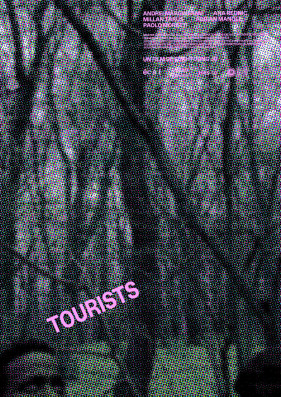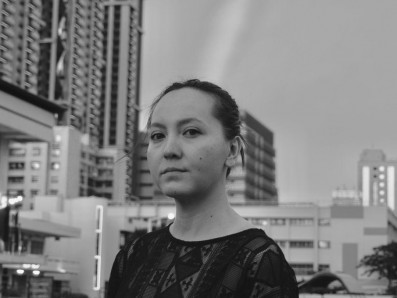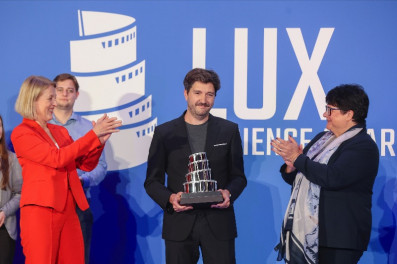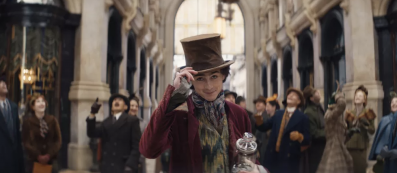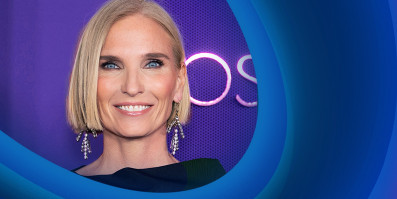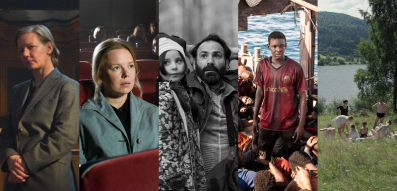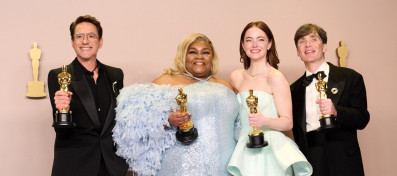
Toma - review: It's already autumn and the image of you is yet not fading?
Bjelogrlić's Toma gathers all generations of one family in fron of the silver screen!
For a long time, I was hesitant to write about the Toma by Dragan Bjelogrlić. Not because my stern eye noticed certain flaws in that film, or because my hard musical taste never listened to the "folk" music. On the contrary. Toma Zdravković was always known in my house. All my friends know most of his repertoire and they are the ones who don't want to say anything about the film, to take it to heaven or to satanize it, as it has become a trend in the media.
Toma the film is not a top-notch masterpiece, nor did it claim to be. It is a story about one life and one time, but completely free of nostalgia, political context and the space where it took place. This film is something that finally reconciled the viewing taste of my grandparents, who are his contemporaries, my mother and me. We all cried and the film touched us all. We all knew all the songs by heart.
It is really painful to watch one side fetishize Toma Zdravković today, giving him status and symbolic value that he never enjoyed. These are mostly those who are up to the film potentially reading two of his songs and maybe three more choruses. Again, there are those who loathe the tavern, smoke, swearing, broken glasses and Balkan melody, combing into something completely different, although, like it or not, they were born and raised in the same mentality.
The momentum in which the audience is constantly talking about the autobiographical and fiction, loading and writing certain things, is also problematic. This film is not a biographical document, but a work of art, which should be evaluated based on the characteristics by which a work of art is evaluated. If we lived for 30 years without knowledge of the moments from Tomo Zdravković's private life, we can still do so, without dissecting the film and without putting the screenwriter (Nikola Pejaković, Dragan Bjelogrlić, Zoran Lisinac) and director (Dragan Bjelogrlć, Zoran Lisinac) in an indecent position.
Toma the film is an impressionistic portrait of Toma Zdravković, which shows his very beginnings, as well as the peak of fame, his love that inspired him when composing some of the greatest hits, as well as the relationship with many friends he had in the artistic milieu of Yugoslavia. In addition to Toma, through the film, we will follow the lives of famous artists of that time: Zoran Radmilović, Mika Antić, Tozovac and others.
Toma is a biographical film about Toma Zdravković, a man we remember not only for his songs and the way he sang them but also as a great bohemian - for his behaviour and soul. The film follows two lines of action: In 1991, we follow the relationship between Toma and the doctor who begins Tom’s treatment and how that acquaintance turns into a friendship. The second line follows Toma's life: from his childhood in Pečenejvice, through his acquaintance with Silvana Armenulić, which will have a decisive influence on his career but also his private life, reaching an unprecedented height of popularity, but also the bottom of life. This is a story about the soul.
Despite all of the above, the screenwriter and director intended to tell the story of the soul, which Toma (Milan Marić) suspects the doctor removed after surgery, and this justifies that the soul cannot be in the kidney. There was a song in Toma's soul, which has accompanied him since his difficult childhood in Pečenejvice when it rained on the wooden roof of the house, and he pulled out castanets and knocked in its rhythm, taking care not to wake his violent and strict father (Slobodan Boda Ninković), unattached to children and their mother (Mirjana Karanović). Although the film is about the difficult childhood of Toma and his brother Novica (Milan Kolak), it does not fall into the typical trap of Balkan films, in which the entire narrative flow is woven around a patriarchal family, and the heroes become either victims of that relationship or superheroes. Toma and Novica come out of that story very subtly and directorially and start their lives and shipwrecks caused by their own decisions.
Silvana (Tamara Dragičević), and Toma, two out of three lead characters, are children from the province, hungry for life, although she denies this at one point in the film, her actions confirm the opposite and she does very poorly in these new roles of stars, those who have the power and ability to change your life. We see the extreme between possibility and impossibility towards our own decisions and self-destruction when Toma meets Rama (Denis Murić) before a concert, a friend from his youth who stayed where he left him.
Silvana Armenulić is a femme fatale, Toma's muse and the woman for whom he became the Toma Zdravković. As I write these lines, his name and surname echo in my ears when she introduced him at the Young Hope of Music Awards, at which she was supposed to perform, but invited him to sing a song. There she also introduced him to her future fiancé. It is unfair to call Silvana a sponsor and one who got something just because she is beautiful and sings great because she was at the same time a victim of her beauty and fame, the time in which she was trapped and the inability to make the right decisions.
The third key character in the film is the Doca (Petar Benčina), whom Toma meets after he is hospitalized. Toma and Doca are the complete antipodes because the other is led by a ration, has health and is completely handicapped when jis a matter of souls and emotions, and Toma has animal instincts, as Doca claims, and in fact, he is only mentally ill, but in poor health. But Toma quickly befriends his antihero and he helps him do his last tour. Toma's and Doca's relationship is completely cinematic, it makes you laugh as tears pour down your face (the same feeling reigns for the introduction of characters like Zdravko Čolić, Mika Antić, Davorin Popović and others) from the actions of both, from the care and love that can give birth a friendship based on a professional doctor/patient relationship. This whole sequence gives the film a naive note, as this film should be, restoring faith in people, Love and with a lot of soul.
At one point, the war in Yugoslavia and the barricades in Sarajevo were looming, but it was very subtly introduced and completely fearless. At one point, Toma asks Doc if there is any medicine he can prescribe to Yugoslavia and automatically puts him on the side of those who are opposed to everything that is happening, without saying that miserably.
In addition to dividing the film emotionally into three parts, there are also two narrative currents, clumsily cut by the countdown years. Although this interspace between the units gives us the opportunity to sublimate the previously watched, the film works very poorly, while at other times, it happens much more skilfully through the transition frame when Toma puts on an anaesthesia mask, in which we suspect that Ljiljana (Paulina Manov) has passed away. Doca, her husband, at that point gets connected to the singer by the same pain towards the loss of their dearest love, Toma's Silvana and Doca's Ljiljana.
The above-mentioned non-film spoilers in no way diminish the beauty of photography and the complete aesthetic impression, to which, apart from great music, Toma's songs sung by Aco Pejović and the duet with Silvana composed by Željko Joksmović contribute masks we have never seen in our cinematography and thanks to which we have that famous nose again, which Lepa Lukić (Olivera Bačić) said has the potential to become famous.
The film is full of witty lines, jokes and jokes exchanged by those who generations older than us watched on the only program of their small screen and considered them very stubborn, serious and relevant, depriving them of humanity, humour, petty bourgeoisie, defeatism and everything makes one man and artist.
After Žika's dynasty, Dragan Bjelogrlić's film Toma was the first to gather three generations of one family around the cinema screen and thus contributed to the role of our families in the world revolution.



